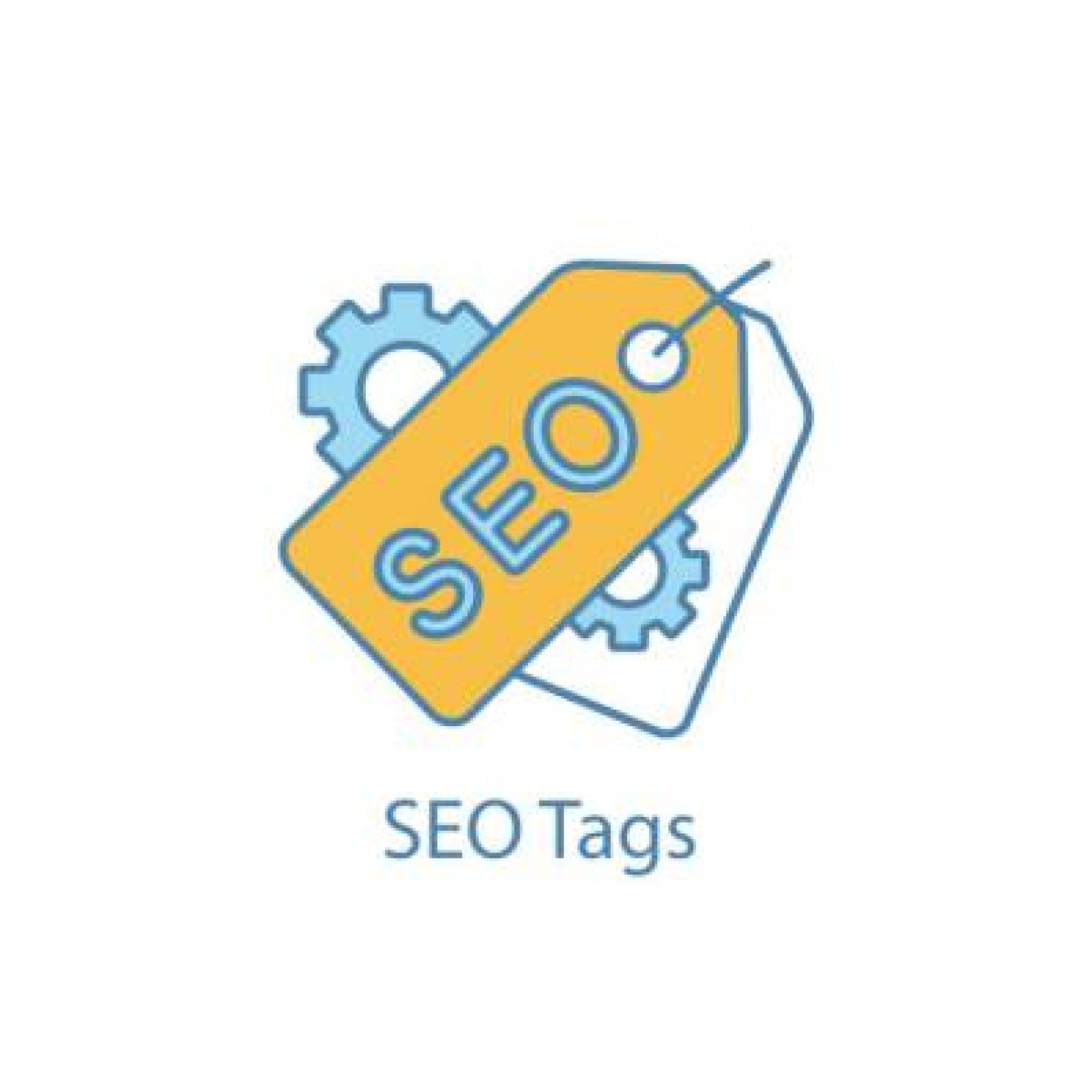How Important is Page Speed to SEO?
With the rapid development of Internet technology, people’s lives have become accustomed to the speed and convenience brought by the Internet, such as shopping, recruitment, and learning. We gradually lose the desire to wait. If the page loads faster than three seconds,...
What is The Search Intent of Keywords?
It’s not as simple as simply choosing words and plugging them into your web pages when using keywords in search engine optimization. The ability of search engines to understand and rank web content has become more intuitive. A search engine today considers the context...
What is a Canonical Tag and How To Use It?
The process of URL canonicalization involves selecting a definitive version of a URL and tagging all pages linking to it with a canonical tag.What is Canonical Tag?HTML canonical tags, which are also called rel canonical tags, can tell search engines which version of the page...
How to Improve Your Mobile Site for SEO
When you consider the fact that Google accounts for 94 percent of organic search traffic and that it places a high premium on how mobile-friendly your website is when ranking, you’ll know that optimizing your mobile site is a key investment you need to make.What is it...
How To Create SEO-Friendly URLs
The whole atmosphere surrounding SEO-friendly URLs is hazy, especially for those that are still novices in the SEO domain.What are the best SEO-friendly practices that’ll surely get you the highest search rankings on search engines?Stay put because, in this...
How to Write Good Meta Tags for SEO?
Whether it’s meta titles, meta descriptions, or robot meta tags, one thing is for sure – if you’re a website owner, and you don’t use meta tags in your SEO arsenal, then you’re missing out on an incredible opportunity to rank higher on...
How To Do SEO Keyword Research?
SEO or search engine optimization is a necessity we’ve all become dependent on these days. And, if you are after learning about SEO, knowing about keywords is the first step. Keywords make your work suitable content for a particular group of users or audience who will make up...
Long-tail Keywords: The Key to Boosting SEO
As a website owner, one powerful SEO strategy is to carry out keyword research that provides the most effective keywords that you can use to generate great content with a high conversion rate.That’s where long-tail keywords come in.Even though long-tail...
10 Ways to Fast Boost Your SEO Rankings
It’s a common saying that life doesn’t give you what you want, it only gives you what you deserve.The same can be said of your SEO rankings.You can have a website, but if you don’t employ good SEO strategies, your rankings will be poor.That’s why...
Duplicate Content: Why It Happens and How to Fix It
Duplicate content is a big issue for Google indexing and is a source of headache for website owners.The most annoying part is that you may be completely unaware that some of your web pages have duplicates, which is why this is a worthwhile read.In this ultimate...











